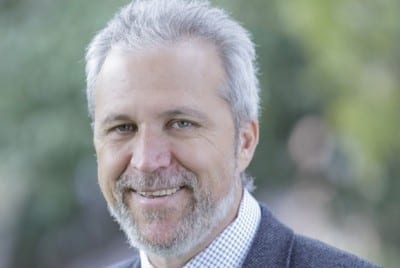
Professor Zachary Steel
Mental Health Research
‘The mental health trajectories of asylum seeking children and parents facing insecure residency and immigration restrictions across 2.5 years of residency’
University of NSW, NSW
Awarded 2019
“Results from a recent national study of refugees with permanent residency show evidence of positive mental health and psychosocial wellbeing for children despite high rates of parental mental health impairment.”
Researcher Profile
Professor Zachary Steel has worked in the field of traumatic stress for over 25 years as a researcher and clinician. He has a long history of work with populations affected by trauma, including veterans, emergency service workers as well as those affected by mass conflict and forced displacement. He holds the St John of God Professorial Chair of Trauma and Mental.
This is first Australian academic appointment linking a not-for-profit psychiatric facility specialising in the treatment of PTSD, early intervention and inpatient care directly to a university setting in order to promote clinical and research excellence by embedding evidence generation and inquiry directly to the delivery of clinical services
Project Summary
This project aims to document the mental health of immigrant, refugee and asylum seeker families settling with children in Sydney Australia. The project will undertake mental health assessments of 120 asylum seeker children aged 5-17 and their caregivers and 80 community matched refugee-immigrants and their children who have arrived since 2010 at six-monthly intervals across 2.5 years.
The study will identify the mental health trajectories of children and parents and examine the association of the observed mental health trajectories, with key resettlement stressors and changes in those stressors, with a particularly focus on the impact of insecure residency and restrictive immigration processing that have been found to adversely impact adult populations. compare the results obtained with a nationally representative sample of refugees with permanent residency.
Co-Investigators: David Berle & Ruth Wells